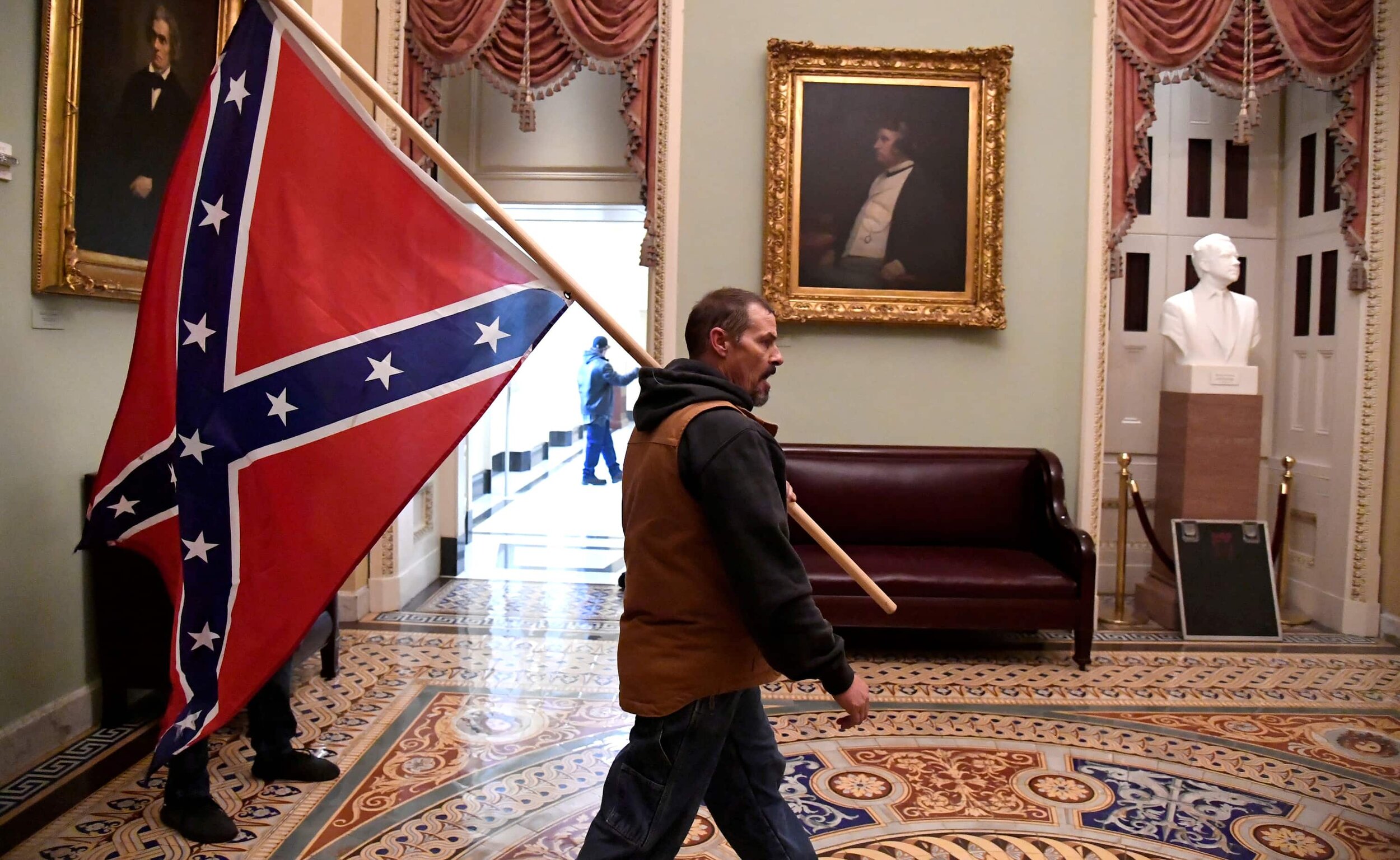A student's perspective on the power of social media platforms exemplified by the US Capitol storming
On the 6th January, the world watched in dismay as Trump supporters stormed the US Capitol to protest Joe Biden’s victory in the November election. Four deaths, and many injuries, occurred, the chambers were forced into recess and house members feared for their lives as they were instructed to don gas masks.
At the same time, Trump urged the thousands of protestors gathered outside the Capitol to ‘get rid of the weak Congress people’, whilst promising that he would ‘take back our country’.
Whilst this speech sent a formidable message, Trump’s tweets prior to the storming were essential in encouraging his supports to act unlawfully.
‘Mike Pence didn't have the courage to do what should have been done to protect our Country and our Constitution, giving States a chance to certify a corrected set of facts, not the fraudulent or inaccurate ones which they were asked to previously certify,’ Trump tweeted. ‘USA demands the truth!’ – Trump.
This tweet was swiftly censored by Twitter (an emerging trend in the wake of the presidential election) due to a ‘risk of violence’. Additionally, Twitter added a label to the tweet stating that ‘this claim of election fraud is disputed’.
In an unprecedented move, Twitter removed several tweets from Trump and announced their plans to temporarily increase oversight on the grounds that Trump’s recent tweets were ‘severe violations of our (Twitter’s) Civic Integrity policy’. Later on, both Twitter and Facebook suspended Trump’s account and promised that the president’s account would remain suspended until the tweets stopped.
The removal of one of the most powerful politicians, and men, in the world, from two of the largest public forums in the world exemplifies the unknown potential social media platforms have to dictate political situations and public opinion. In a world intoxicated by fake news, we may find refuge in the fact that these platforms are finally taking responsibility for material that is posted in their forums. However, we must keep in mind that these platforms are multi-billion-dollar companies run by people with their own agendas and are not subject to real accountability or oversight. It is indisputable that these platforms have great responsibility to manage the power they wield. It is just unclear at this time what this responsibility should look like.
Social media platforms play an important role in our personal lives on many levels, and now they play an undeniable role in shaping our politics and our societies. Whilst many people around the world greeted the news of Trump’s temporary ban from Twitter and Facebook enthusiastically, it is important to acknowledge the tremendous power these platforms hold and to question how you would feel if the circumstances were different. Twitter and Facebook have generally been applauded for their actions in this circumstance but how can we be sure that their next acts of censorship will be as popular?
Written by Niamh Williams

